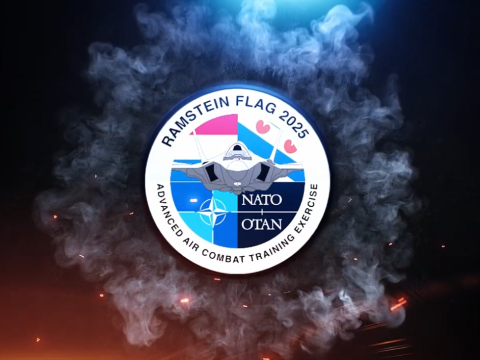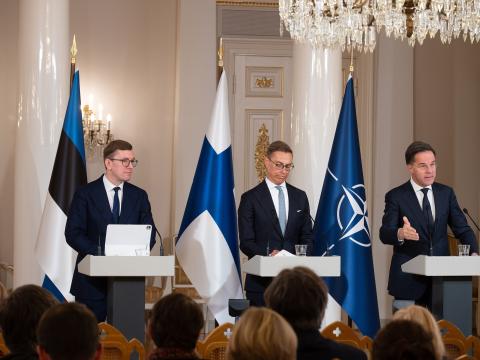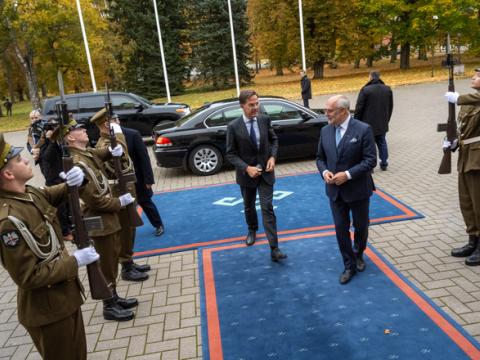NATO Agency Streamlines Biz Ops
The NATO NC3A's ultimate goal is interoperability among alliance nations and their regional neighbors, and it is poised to provide more innovative, cost-effective tools. On its current path, is the NC3A meeting its challenges, and will these solutions prove successful in the long term? Discuss your ideas here.
Military organizations and companies aren't the only ones looking for a better way to do business these days. The budget crunch resulting from the global financial crisis is hitting NATO as well, but its network management agency is springing into action with plans for fiscal success. In his article, "NATO Focuses on the Bottom Line to Support Warfighters," in this issue of SIGNAL Magazine, Henry S. Kenyon looks at how the NATO Consultation, Command and Control Agency (NC3A) is changing its procedures to achieve current and future goals in a cost-effective manner. The NC3A develops, acquires and implements C3 capabilities to support its customers-among them are NATO's Allied Command Transformation and Allied Command Operations, NATO's Air Command and Control System Management Agency and individual alliance nations. Fewer available financial resources call for downsizing, and the NC3A is taking a dual-track approach to staff reductions. Most scientists are hired on an indefinite contract basis, with their contracts renewed every three years. Despite staff cuts, NC3A General Manager Georges D'Hollander says his goal for the agency is to emerge from the recession with a stronger organization. Any enterprising business knows to expand its customer base while continuing to serve its existing customers, and that's exactly what the NC3A is doing. With France, for example, the NC3A signed a memorandum of understanding (MOU) that provides a framework enabling the agency to more easily arrive at business agreements with nations. Both parties are given responsibility to discuss business topics, as well as the areas in which the NC3A and the nation agree to cooperate. Each time the parties agree to a more concrete business process, the MOU allows NATO and the nations to form business relationships without involving national bureaucracies. The agency's strong expertise in C4ISR provides a deep pool of talent-an attractive asset to other nations that would seek to tap this resource. Such research and procurement arrangements reach beyond bilateral agreements, potentially covering entire regions. The NC3A is currently active in Southeast Europe, and nations such as Bulgaria and Romania are interested in its support. To generate revenue, NC3A know-how also can be applied to the broader security environment, beyond the armed forces. The agency developed a C2 tool to connect military units and government organizations, for example, that could support humanitarian relief efforts. The NATO NC3A's ultimate goal is interoperability among alliance nations and their regional neighbors, and it is poised to provide more innovative, cost-effective tools. On its current path, is the NC3A meeting its challenges, and will these solutions prove successful in the long term? Discuss your ideas here.




Comments